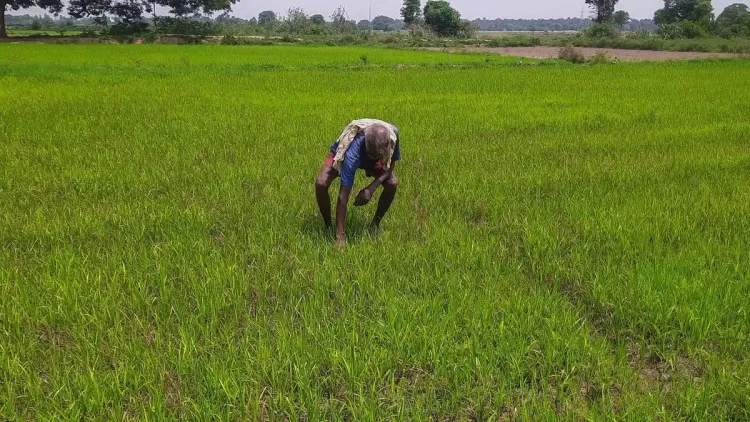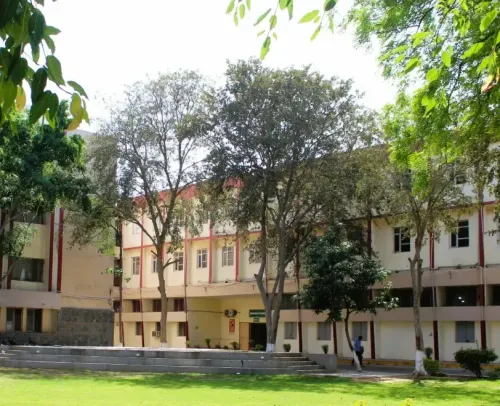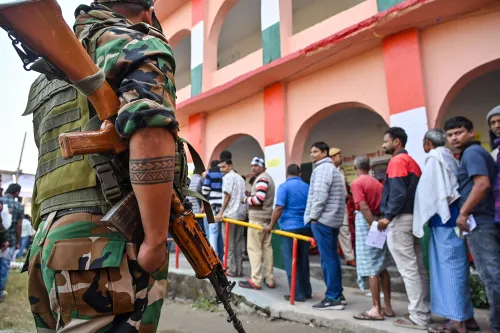Are Samba Farmers in Tiruchi, TN, Facing Fertiliser Shortages?

Synopsis
Key Takeaways
- Tiruchy farmers face a severe fertiliser shortage.
- Dependence on private traders leads to increased costs.
- Only 30% of fertiliser demand is met by PACCS.
- Farmers are calling for better oversight in fertiliser distribution.
- Long-term impacts could threaten agricultural viability.
Chennai, Sep 25 (NationPress) Farmers in Tiruchy district, Tamil Nadu, who are gearing up for samba paddy cultivation, are grappling with a critical shortage of vital fertilisers at Primary Agricultural Credit Cooperative Societies (PACCS). This scarcity has forced them to turn to private traders, who not only charge higher prices but also promote additional products that are unnecessary for their crops.
The district's estimated fertiliser requirement for the season is around 25,000 tonnes to adequately support cultivation across more than one lakh acres. Alarmingly, only about 30 percent of this need is fulfilled through PACCS, resulting in a significant shortfall that private suppliers are filling.
Due to inadequate stock at cooperative outlets, farmers are compelled to buy from private sources, where prices are elevated, and they often find themselves convinced to purchase crop tonics and micronutrients that are superfluous, further inflating their overall costs.
Despite ongoing monitoring, this shortage has become a recurring issue, adversely impacting both small and large scale farmers. The limited and delayed supply of urea, DAP, potash, and other essential fertilisers disrupts timely sowing and nursery preparation, increasing production costs and jeopardizing crop health.
Many farmers report spending considerably more on inputs than intended due to pressure to buy excess products bundled with basic fertilisers. Although official figures indicate that fertilisers are available across PACCS, the actual distribution on the ground remains inconsistent.
Distribution delays and spikes in demand have left many outlets short on stock during critical periods. Although authorities have previously intervened by warning private traders and taking action against malpractices, the disparity between supply and demand persists.
The ongoing reliance on private markets poses long-term economic challenges for the farming community. Rising input costs erode profit margins, making paddy cultivation less viable and discouraging small farmers from expanding their operations.
This situation is especially daunting in a season when overall agricultural expenses are escalating, and access to credit is limited.
Farmers' collectives are advocating for more stringent oversight regarding fertiliser allocation and distribution, urging that PACCS outlets be adequately stocked prior to the planting season. They contend that reliable and timely access to affordable fertilisers is critical for safeguarding incomes, promoting cultivation, and sustaining stable production across the district.









